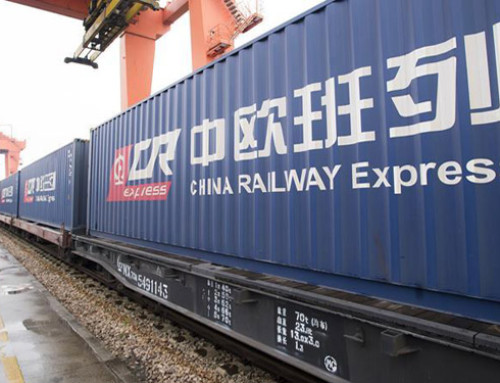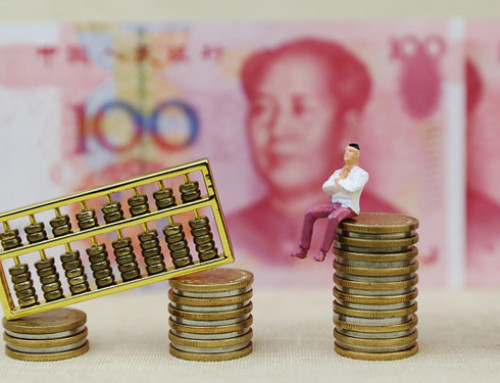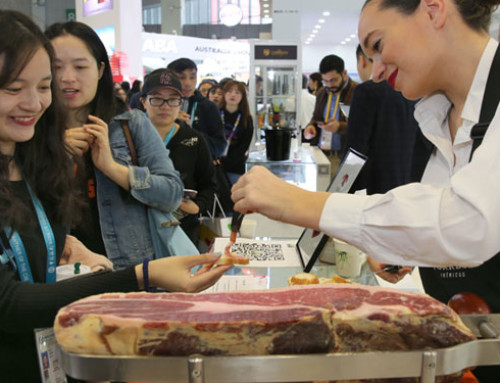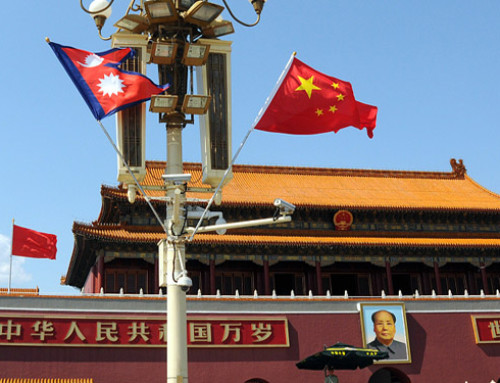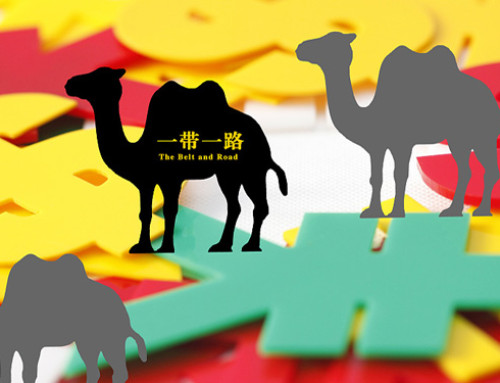China e-commerce law took effect Tuesday, a clear statement of the country’s intention to keep the world’s largest e-commerce sector running smoothly. The China e-commerce law will protect the “rights and interests of all parties” and “maintain market order.”
All e-commerce operators are obliged to protect consumer rights, interests and personal information, while safeguarding IPR, cyberspace security and the environment.
The China e-commerce law divides operators into e-commerce platforms, merchants on e-commerce platforms, and those doing business on their own websites or via other web services. It covers not only big players such as Taobao and Tmall, but also those selling goods via social networks including WeChat.
Meng Yan, a 28-year-old office worker, has recently noticed that there are fewer advertisements on her WeChat moments. She used to be constantly bothered by ads posted by friends or acquaintances selling everything from infant formula to skin-care products.
“I was cheated when I bought eye cream from a WeChat store and it turned out to be fake. I complained to the vendor, only to be blocked,” she said.
The disappearance of WeChat ads might be because such practices are coming under tighter scrutiny. The China e-commerce law now puts more emphasis on the obligations and responsibilities of platform operators and strengthens protection for the relatively disadvantaged consumers.
It pays great attention to consumer privacy, options and the right to know. Operators must be very careful when collecting and using consumers’ personal information and cannot assume consent.
The China e-commerce law also bans e-commerce operators with dominant market positions from excluding or restricting competition. Platform operators who unreasonably restrict transactions on their platforms may face a penalty of up to 2 million yuan (US$290,000).
Protecting consumer rights is just one priority. Shoppers will feel reassured when purchasing online as the new law bans unscrupulous practices like deleting reviews, canceling orders without good reason and click farming.
Vendors on e-commerce platforms, WeChat, live-streaming websites and other online platforms are required to register their business, get a license, pay taxes and be responsible for fraudulent goods.
A recent survey of over 12,000 online shoppers by the China Consumers Association showed that over 70 percent had been sold knock-off products.
“Selling inferior products is the most common illegal practice on WeChat stores and live-streaming platforms,” said Pi Xiaolin, head of the CCA commodities and services supervision department.
E-commerce has expanded at an unprecedented pace, with emerging players, even individuals, joining industry giants like Alibaba and JD.com in mining consumption potential. Market growth has been in double-digits for years. E-commerce transactions totaled 22.7 trillion yuan in the first three quarters of 2018, up 11.2 percent year on year.
On WeChat, the number of vendors rose from about 12.6 million in 2015 to more than 20 million in 2017.
The e-commerce market is generally expanding well, but there are some problems due to rapid growth and the low threshold for market entry, according to the State Administration for Industry and Commerce.
Cao Lei, director of the China E-commerce Research Center, expects many small e-commerce vendors to be squeezed out of the market due to tightening regulations and rising costs. “However, in the long-term perspective, it’s good thing for sustainable growth.”
Meng, who really only wants to get what she pays for, said, “Cheaper prices are, of course, welcome, but the most important thing is that the product must be authentic.”
News Source: Xinhua




